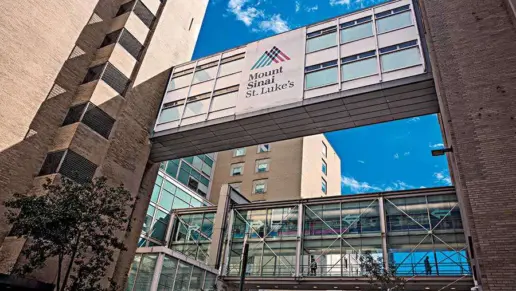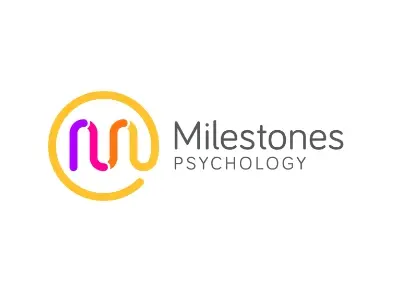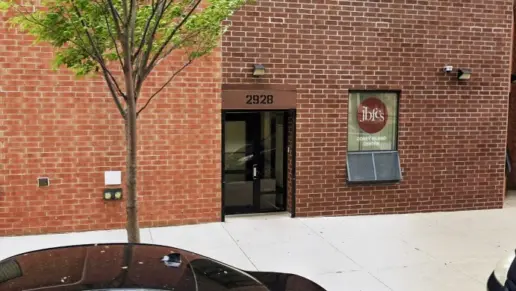About Catholic Charities – Residential Services
Catholic Charities Residential is a faith-based social services organization offering substance use disorder treatment for adults in New York. The Monticello Clinic provides dual-diagnosis addiction treatment programs and medication therapies.
The Monticello campus at Catholic Charities Residential specializes in substance use disorder treatment for adults in the Hudson Valley, New York. They offer a full continuum of addiction care, including clinical assessment and treatment planning, outpatient treatment, medically monitored detox, community residence, recovery-focused care, skill development, and comprehensive aftercare.
Catholic Charities Residential has a full complement of clinical staff — including registered nurses, certified substance abuse counselors, nurse practitioners, and psychiatrists — to provide comprehensive mental health assessments. This evaluates patients for substance use disorders and/or co-occurring mental health conditions and informs the treatment plan.
The Monticello Campus has a crisis services unit, which provides crisis assessments, comprehensive treatment planning, 24 hour nursing care, medically supervised detox, stabilization, individual and group counseling, medication management, and community based referrals.
The community residence at The Monticello Campus is for men and women and offers flexible stays and outpatient treatment. The program incorporates a mental health assessment, comprehensive treatment planning, individual and group counseling, medication management, skill building to enhance coping skills and symptom management, and community competency to encourage independent living. Following short term treatment, patients are supported in transitioning back home through a comprehensive discharge plan that promotes relapse prevention and enhances community based support.
The Monticello Campus also offers Day Rehab for those contemplating recovery or those in the process of achieving recovery. The program includes individual, group, and family therapy, supporting abstinence, skill building, community resources, educational support, and vocational coaching.
Most insurance and self pay are accepted. Sliding scale payments are available, and no one is refused due to inability to pay.
Other Forms of Payment
Medicaid is a state based program that helps lower-income individuals and families pay for healthcare. Medicaid covers addiction treatment so those enrolled can use their coverage to pay for rehab. When a program accepts Medicaid the client often pays very little or nothing out of their own pocket.
Self-pay involves paying for treatment out of your own pocket. You can use savings or credit, get a personal loan, or receive help from family and friends to fund your treatment. If you don't have insurance or your insurance plan doesn't cover a specific program, self-pay can help ensure you still get the care you need.
Financial aid can take many forms. Centers may have grants or scholarships available to clients who meet eligibility requirements. Programs that receive SAMHSA grants may have financial aid available for those who need treatment as well. Grants and scholarships can help you pai for treatment without having to repay.
Medicare is a federal program that provides health insurance for those 65 and older. It also serves people under 65 with chronic and disabling health challenges. To use Medicare for addiction treatment you need to find a program that accepts Medicare and is in network with your plan. Out of pocket costs and preauthorization requirements vary, so always check with your provider.
Addiction Treatments
Levels of Care
Treatments
The goal of treatment for alcoholism is abstinence. Those with poor social support, poor motivation, or psychiatric disorders tend to relapse within a few years of treatment. For these people, success is measured by longer periods of abstinence, reduced use of alcohol, better health, and improved social functioning. Recovery and Maintenance are usually based on 12 step programs and AA meetings.
When you choose drug rehab in New York, you'll participate in a variety of treatments that are designed to help you live a drug-free lifestyle. Common methods of treatment include group, individual, and family counseling, medication management, nutrition, exercise, and management of co-occurring mental health disorders.
Many of those suffering from addiction also suffer from mental or emotional illnesses like schizophrenia, bipolar disorder, depression, or anxiety disorders. Rehab and other substance abuse facilities treating those with a dual diagnosis or co-occurring disorder administer psychiatric treatment to address the person's mental health issue in addition to drug and alcohol rehabilitation.
Opioid rehabs specialize in supporting those recovering from opioid addiction. They treat those suffering from addiction to illegal opioids like heroin, as well as prescription drugs like oxycodone. These centers typically combine both physical as well as mental and emotional support to help stop addiction. Physical support often includes medical detox and subsequent medical support (including medication), and mental support includes in-depth therapy to address the underlying causes of addiction.
Substance rehabs focus on helping individuals recover from substance abuse, including alcohol and drug addiction (both illegal and prescription drugs). They often include the opportunity to engage in both individual as well as group therapy.
Programs



Clinical Services
Research clearly demonstrates that recovery is far more successful and sustainable when loved ones like family members participate in rehab and substance abuse treatment. Genetic factors may be at play when it comes to drug and alcohol addiction, as well as mental health issues. Family dynamics often play a critical role in addiction triggers, and if properly educated, family members can be a strong source of support when it comes to rehabilitation.
Trauma therapy addresses traumatic incidents from a client's past that are likely affecting their present-day experience. Trauma is often one of the primary triggers and potential causes of addiction, and can stem from child sexual abuse, domestic violence, having a parent with a mental illness, losing one or both parents at a young age, teenage or adult sexual assault, or any number of other factors. The purpose of trauma therapy is to allow a patient to process trauma and move through and past it, with the help of trained and compassionate mental health professionals.
Staff
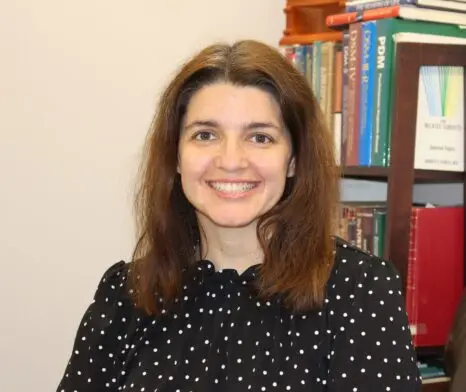
CEO
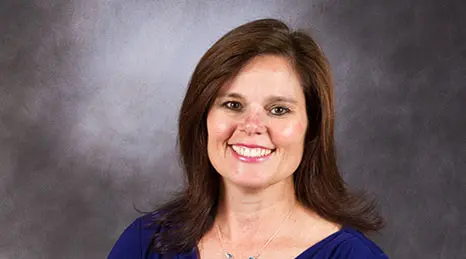
Chief Advancement Officer
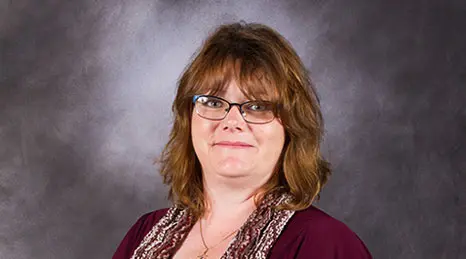
Chief Clinical Officer
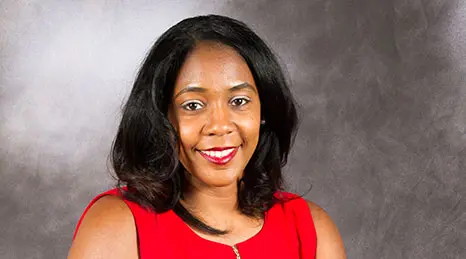
Associate Director of Human Resources
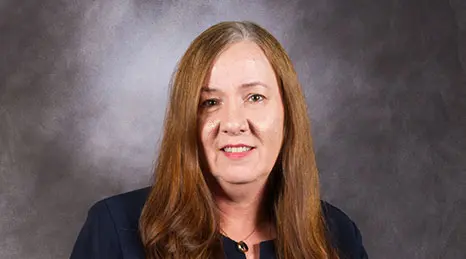
Director of Corporate Compliance
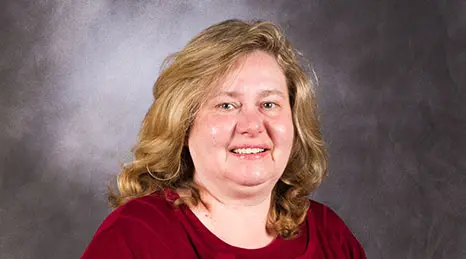
Director of Fiscal & Administrative Services
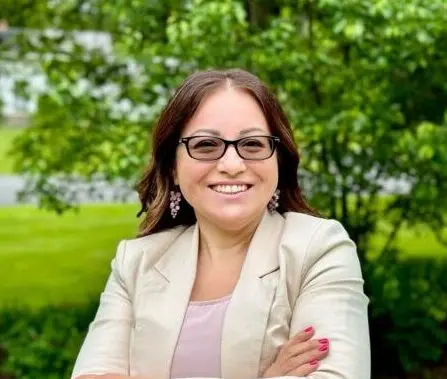
Director of Human & Social Services
Contact Information
Hamilton Avenue
1st and 2nd Floors
Monticello NY, 12701
